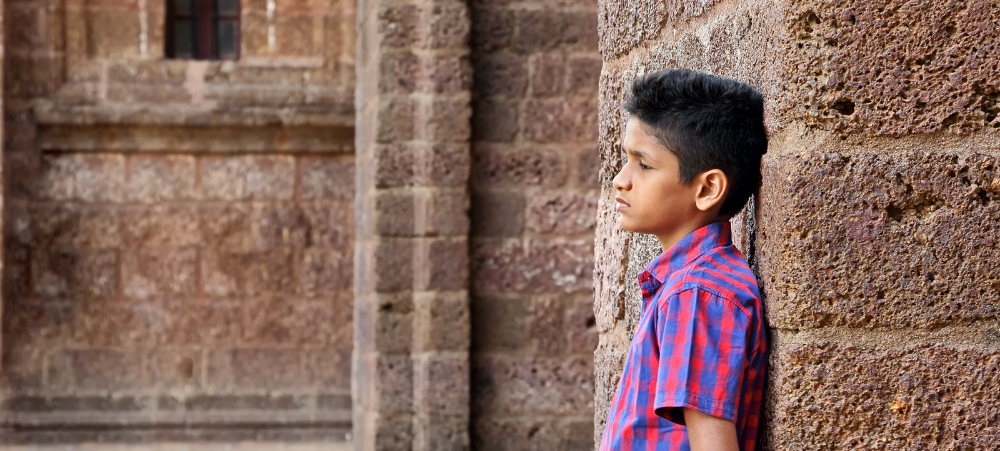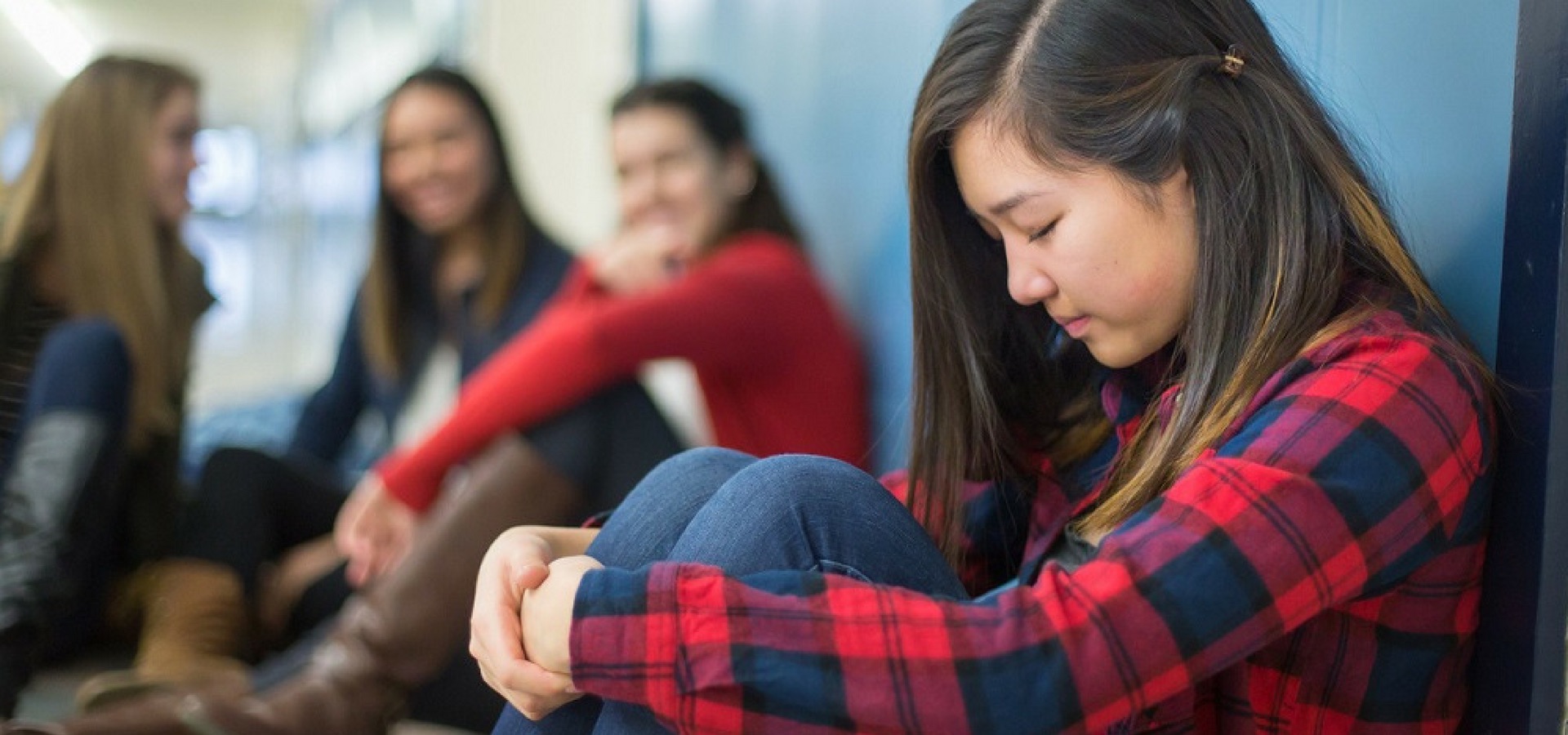When one considers the connotation of peer pressure, negative images are always conjured in our mind. We tend to think that as a result of peer pressure, our children can only go one way and that’s the wrong way. But is it?
Indeed, peer pressure can coax our teenagers into bad behaviour. We see a lot of young people smoking or drinking simply because everyone else is doing it. Research suggests that teenagers are extremely susceptible to influence by their peers whether it be positive or negative. They are much more vulnerable to peer pressure than adults because – scientists believe – they get greater pleasure than adults from behaviours they experience as rewarding. They tend to find being liked by other people very gratifying. During puberty people experience an increase in novelty-seeking and a fascinatingly curious interest in their environment. And the need to fit in and conform is much higher at this stage than at any other stage in a person’s lifetime.
Researchers have found that young people who are resilient against peer pressure or influence are those who are more popular and have families with low dysfunction and high communication skills. Although peer pressure affects all teenagers and young children, risky and socially unacceptable behaviour tends to be associated with being popular, creating huge pressure on young adolescents who are less popular or have lower self-esteem. These young ones seem to more easily fall prey to peer influence.
However, some people just have a greater need to be different and crave a sense of uniqueness. This no doubt results in personal pressure to create that different person. Whilst these people can easily be seen as having a negative influence on their peers, it could be that they are doing so unwittingly. This type of influence can also have a very positive effect on others, particularly if this need to be different is being handled in a positive way with no negative behaviour involved.
Warm parenting with strict boundaries has been linked to teenagers who are more independent thinkers which results in youngsters who are able to make their own decisions without feeling the pressure and being influenced from outside. Allowing your children to grow up in an environment that instils good self-image and confidence, will ensure that as they become teenagers, they will feel less like they need to conform and be less rebellious. They are the ones who will be the positive influencers and who will develop from young leaders of today to tomorrow’s much-needed well-rounded positive leaders.
There are ways in which parents can assist their teenagers to get through this complex stage in their life. Talking to your teenager and explaining that they can decline alcohol at a party and going over a strategy that will help them avoid a negative activity and still save face, will give them the confidence to not have to do what their peers are doing just for the sake of it. Equipping your teenager with prepared responses to negative influences and pressure from their peers to fit in, could be the one thing that saves them from making choices that they will one day regret. Parents should thoroughly assess their children’s friends and from an early age keep open and honest communication flowing freely. You can tell your child that you do not like a particular friend without accusation or making them feel incapable of making good choices. Rather discuss the fact that it is a particular behaviour of that friend that you do not like and communicating in a way that allows your teenager to understand that you are not passing judgement on the person, will make it easier for them to see why you would prefer that they do not hang out together. Ensuring that they fully understand that society makes judgement by association should influence them to make their own decision to disassociate themselves with any negative influencers.
The following are some tips to help teenagers and young children deal with peer pressure:
- Stay away from peers who pressure you to do things that seem wrong or dangerous.
- Learn how to say “no,” and practice how to avoid or get out of situations that make you feel unsafe or uncomfortable.
- Spend time with other children who resist peer pressure. It helps to have at least one friend who is also willing to say “no.”
- If you have problems with peer pressure, talk to a grown up you trust, like a parent, teacher or school counselor.
The following are some tips that can help parents help teenagers and young children deal with peer pressure:
- Encourage open and honest communication. Let your child know they can come to you if they’re feeling pressure to do things that seem wrong or risky.
- Teach your child to be assertive and to resist getting involved in dangerous or inappropriate situations or activities.
- Get to know your child’s friends. If issues or problems arise, share your concerns with their parents.
- Help your child develop self-confidence. Kids who feel good about themselves are less vulnerable to peer pressure.
- Develop backup plans to help kids get out of uncomfortable or dangerous situations. For example, let them know you’ll always come get them, no questions asked, if they feel worried or unsafe.
We understand that there are many aspects that encompass a Mother, Father or Child and strive toward providing resources and services that accommodates this.
Our content is aimed to inform and educate families on issues starting from pregnancy through to the challenges of the teen-age years.
- Say Hello to the Ultimate Holiday Brunch Bite - December 17, 2025
- Tiny Toons Looniversity Returns: Meet the Voice Behind Plucky and Hamton! - December 12, 2025
- From Pain to Possibility: Panado®’s New Marketing Campaign, Highlights The Joy Of Pain Relief - December 10, 2025






2 thoughts on “Peer Pressure- Good or Bad?”
I reside near Vereeniging ( Vaal triangle ) and would like to know where about here can I get help for my 13yrs old boy.
I was also bulled so i was ti help someone else